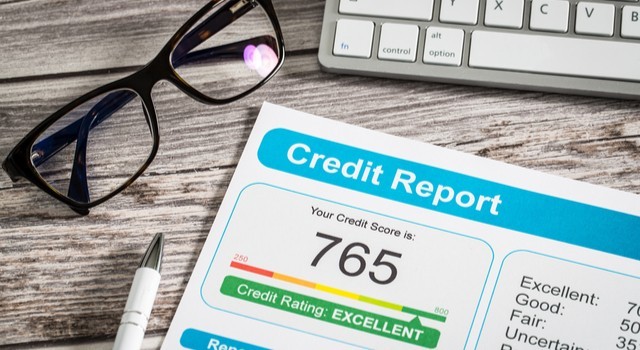It is possible to get a mortgage with a bad credit rating, even if you have previously been declared bankrupt. Mortgage loans for bad credit borrowers do exist – you may just need to look a little harder for a specialist mortgage lender for bad credit.
Having a bad rating score does not always reflect poor payment history. Failing to register on the Electoral Roll, added to the fact that credit reference agencies don’t always display accurate, up-to-date information, may cause an issue. It’s well worth checking the information held by each agency so that it can be amended if necessary.
Even if you’ve only missed a few credit card payments, a bad credit score will make it difficult to get a standard mortgage, and you’ll probably have to pay significantly more in interest because of your poor history. Higher mortgage administration fees are also commonly charged by bankruptcy mortgage lenders.
How can I get home mortgages if I have bad credit?
Other factors to consider when applying for this type of mortgage include the requirement for a larger deposit, usually a minimum of 20%. This reduces the lender’s risk, so if you can pay nearer to 30% of the property value, your chances of acceptance are likely to improve.
Lenders will require proof of a regular income, generally more than £15,000 per year, and this can be provided in the form of wage slips for the previous three months. It’s worth noting here that if you are a previous bankrupt, government schemes such as Help to Buy and Shared Ownership may be out of your reach.





